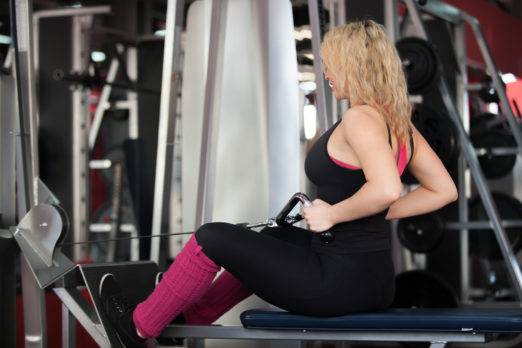Breast cancer is one of the most common among women. The World Health Organization (WHO) indicates that “about one in 12 women will develop breast cancer in her lifetime”.
Hundreds of studies have shown that women who do not exercise have a higher risk of developing breast cancer, as an individual is biologically more likely to contract diseases, including cancer, in the presence of an inactive lifestyle.
This is confirmed by the Uruguayan physical educator Jorge Rodríguez Prado, specialist in neuromuscular activation, biomechanics applied to training and neuroscience applied to movement.
However, after being diagnosed with breast cancer, many women wonder if they can exercise or if it will be beneficial or will negatively interfere with their fight against cancer.
You might be interested in reading: It supports biotechnological solutions for pathologies
Rodríguez Prado, who is the general manager of the Body Shop, explains that during the treatment of breast cancer, women face rigorous medical procedures to fight the disease and it has been shown that physical activity in these patients favors several aspects.
“If the woman trains, she has the ability to achieve a general increase in physical strength so that in subsequent treatments the recovery is faster and with less devastating effects,” she says.
As for drugs, he argues that the person has a greater assimilation to drugs, when there is a physical conditioning, because the biochemical process is strengthened and the improvement of the immune system is encouraged.
The specialist encourages patients to train outside the home, “to break the context of being a sick person” and to say to themselves: “I am an individual who is going through a learning process and who can interact with more people”.
Emphasize that training should not be done lightly, but rather be adapted according to the stage of the condition and planned according to the real possibilities of the patient. “And the most important thing is that in the decision whether the woman can do physical activity or not, her treating doctor must participate – she says the oncologist -, psychologist, nutritionist and physical trainer”, she clarifies.
Really, the training it helps to reconcile with one’s body and causes the patient to trust her body, rediscover sensations other than pain, have fun, overcome fatigue, increase functionality and cardiorespiratory capacity, improve her immune system.


